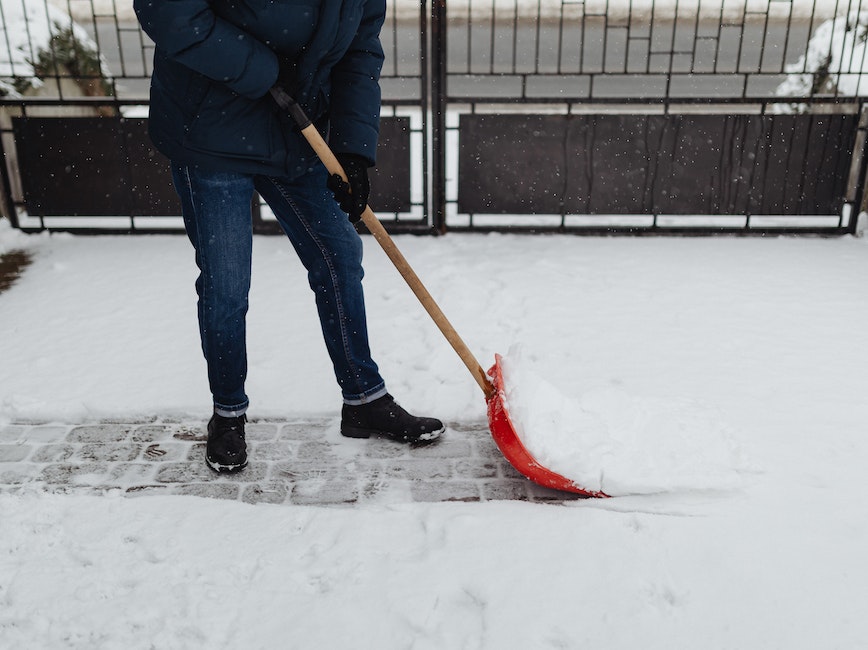Impacts of salt
Part one: the impacts of salt
Major impacts on the environment
Concern of salt on the environment
Major impacts
Drinking water
Most natural water contain traces of salt (chloride). Too much salt can affect the taste of drinking water.
Salt in well water
Over 30% of the wells in the Twin Cities have chloride concentration levels that exceed the water quality standard.
(Source: Minnesota Pollution Control Agency)

Aquatic and wildlife
The harms to wildlife
Salt pollution impacts the health of wildlife, such as birds and mammals.
- Birds often mistake salt crystals for seeds. Eating even small amounts can result in death.
- Mammals like deer may drink salty snow melt. This can result in salt poisoning.
- Salt can cause declines in sensitive species and reduce natural diversity.
The harms to aquatic life
Salt in surface water can be toxic to aquatic species like:
- Fish
- Insects
- Amphibians
High levels of salt threaten the health of food sources. It poses a risk to species survival, growth and reproduction.
Chloride-free de-icers also harms aquatic life
Even non-chloride de-icers impact water quality. These alternatives may biodegrade, but they need oxygen. This leaves less oxygen for aquatic life. Depleted oxygen levels create competition for available oxygen. This leads to Biochemical Oxygen Demand (BOD) and other issues.
The bottom line: de-icers don't belong in our freshwater.

Pets
To protect the pets in your neighborhood, be mindful of salt use.
Pets may consume de-icing materials by:
- Eating them
- Licking their paws
- Drinking snow melt
The harms to pets
Salt labels are not regulated. There's no such thing as "pet safe" de-icing salt.
Exposure to salt can cause your pets:
- Irritation
- Inflammation
- Cracking of paw pads

Infrastructure
Salt corrodes the concrete on:
- Bridges
- Parking lots
- Buildings
This weathering leads to compromised structural integrity. It also increases maintenance and repair costs.
Rust and cars
Salt speeds up rusting. This causes damage to vehicle parts and other materials that are prone to rust.

Cost
Many of us are over salting. Save your money while still prioritizing safety by using best practices for ice removal shared in this mini-course.
Ways to use less salt
- Physically remove snow and ice early and often.
- Try using a shovel, snow blower or scraping.
- Use salt sparingly and only as needed.
We'll talk about more best practices in this mini-course.

Salt mini-course navigation
Previous lesson
Next lesson
Contact us
Salt Mini-Course Program
Surface Water & Sewers Regulatory Team
Public Works





